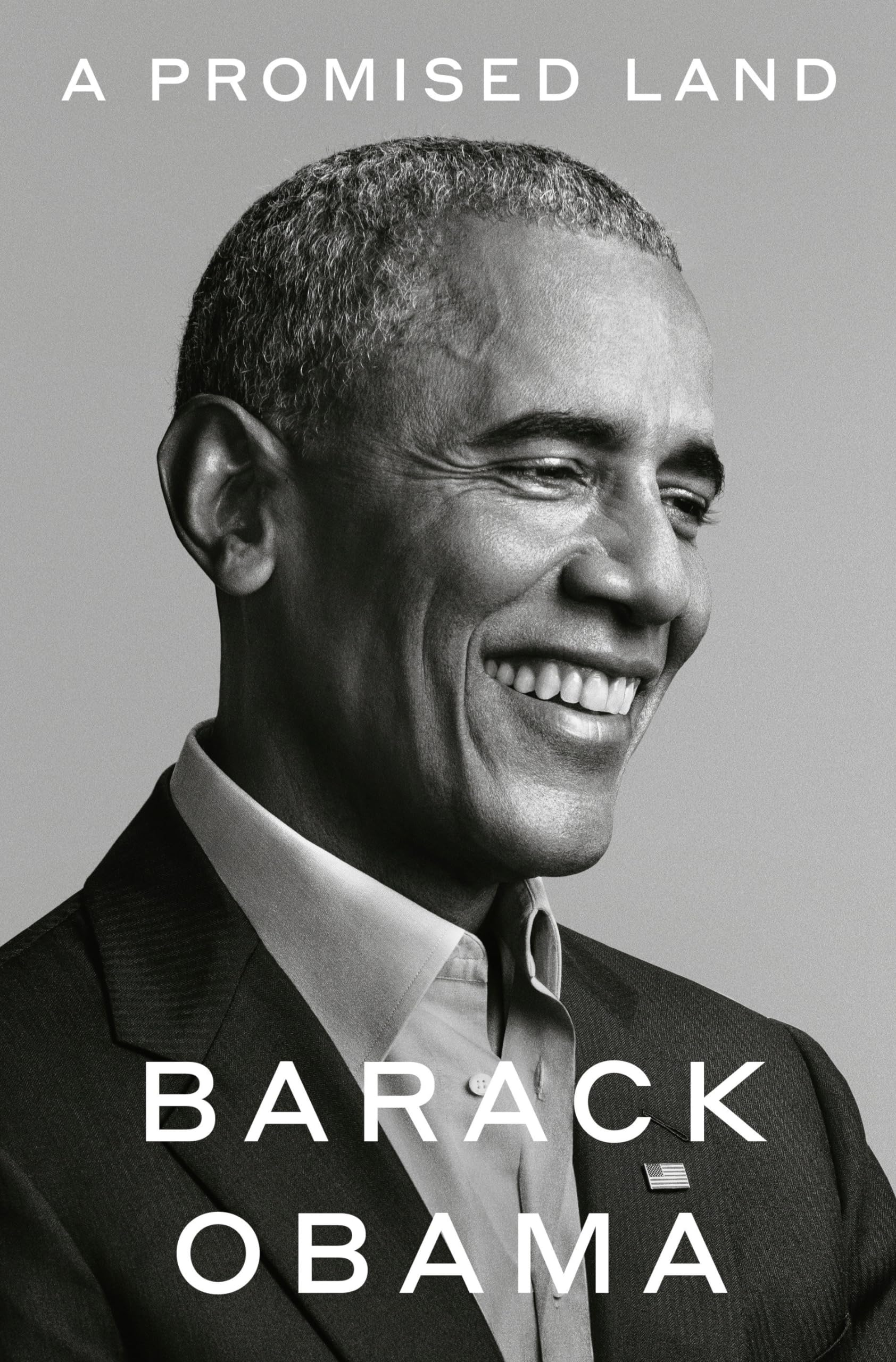CHAPTER 23: Election Aftermath and Political Challenges
byNovember 2, 2010—I knew we were headed for a bad night. I watched the returns come in from the Treaty Room, my usual election-night perch, Valerie and Axe and Gibbs with me. It was not the bloodbath that some had predicted—thank you, consistency!—but as the evening wore on, it was clear that we were losing the House of Representatives. By the time I went to bed, Republicans had picked up at least sixty-three seats, more than enough for a majority.
To say I was discouraged would be an understatement. Yes, we had managed to hold on to the Senate, but just barely, losing six seats to end up with a slim fifty-three-to-forty-seven majority. And while we’d picked up a few governorships in key states, the Republicans’ gains were widespread and deep, giving them full control of at least twenty-one state legislatures.
As I lay awake in the early hours of November 3, running through what I could have done differently, what my administration might have accomplished if we’d had two more years with Democrats in control of Congress—how much more difficult it was going to be to move any part of our agenda forward—I couldn’t shake the feeling that I had let down millions of Americans who had invested their hopes in me. And there was no getting around the harsh truth: With Republicans now running the House, and their leaders apparently determined to oppose and obstruct our ideas at every turn, it was going to be a long, tough slog to the end of my first term.
The next day, I stood before the cameras in the East Room to address the election results. Reporters seemed to take satisfaction in pointing out that we’d experienced a “shellacking.” I didn’t blame them; that’s how it felt to me too. I acknowledged the anger and frustration that voters had expressed, and I took responsibility for not doing a good enough job in delivering the changes they had hoped for. I spoke about the need for both parties to find common ground, to work together in the best interests of the American people.
It all sounded reasonable enough. Yet as I fielded questions, I had to work not to let my frustration show. Not just with the inane premise of so many questions being hurled at me—that somehow this election had been a referendum on Big Government, when it was clear to anyone who had followed these past two years closely that our biggest problem hadn’t been an overabundance of government activism but rather our inability to do more to directly help ordinary people—but also with myself, for all the opportunities I felt I had squandered and all the political capital I had let slip away in the afterglow of our election, for how slow I had been to adjust to the pace of change in this hyperconnected, hyperpolarized climate. I felt as if I had reached a dead end, without a clear sense of how to move forward.
“No drama Obama,” Axe would remind me whenever he saw me brooding following a setback. True to form, by the time I’d retreated to the Oval after the press conference, I had started to regain my equilibrium. Maybe we’d lost the House, but we still had the Senate; maybe progress would be slower than I would have liked, but there was still plenty that could get done—an immigration bill, perhaps, or a modest infrastructure program. Who knew? Maybe there were enough Republicans who, now that they shared governing responsibilities, would be more willing to bargain.
More than anything, though, looking out the Oval’s windows onto the sunlit South Lawn, what consoled me was something Michelle had said to me not long after the election results had come in. It was what I always tell myself whenever life around the White House starts feeling a bit too heavy.
“For better or worse,” she’d said, taking my hand, her eyes bright and teasing, “we still have each other.”
Michelle always knows just what to say.

